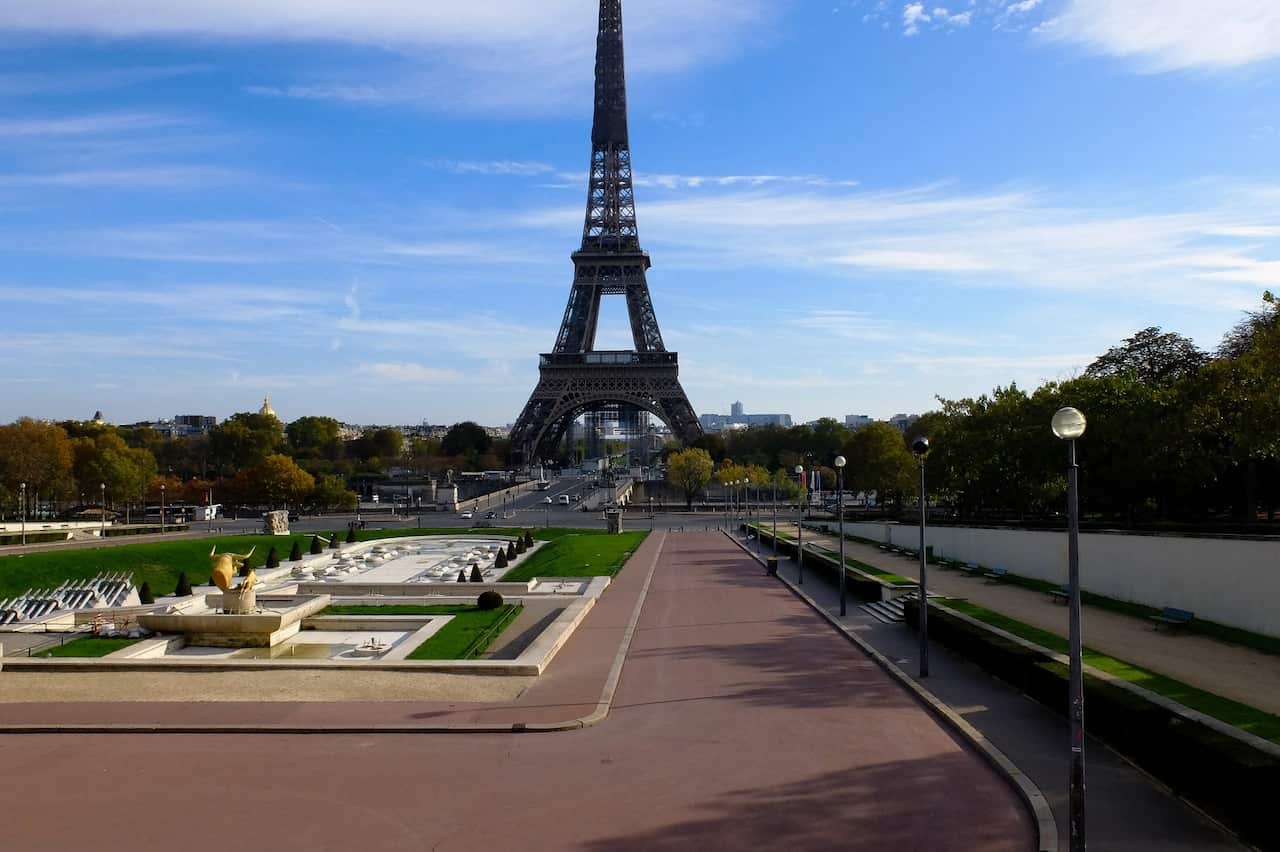Germany, once a beacon of hope in Europe's coronavirus nightmare, logged more than one million cases on Friday, while Russia asked India to help mass produce its controversial Sputnik vaccine.
Although the virus spread is slowing thanks to weeks of tough restrictions, Europe remains at the heart of the pandemic, recording more cases than the United States in the past week.
The pandemic is spreading fastest in Asia and Latin America, and is up by a worrying 113 percent over the week in Mexico.
Until recently, Germany's relative success in containing the virus had offered some sense of hope, with authorities putting in place some precautions that still allowed life to carry on almost as normal.
However, its measured approach has failed during the second wave, endangering the health of Europe's biggest economy and weighing on the mood as the northern hemisphere heads into the winter holidays.
Germany's Robert Koch Institute recorded more than 22,000 new daily cases on Friday, pushing the overall total beyond the one-million mark.
More worryingly, the number of COVID-19 patients in intensive care has soared from around 360 in early October to more than 3,500 last week.
Gradual reopening
Most countries hope to ease their virus rules for Christmas and New Year, allowing families a respite before bracing for what the world hopes is one last wave of restrictions until a clutch of promising new vaccines kick in.
Belgium is to allow shops to reopen from December 1, but keep the current semi-lockdown in place possibly until mid-January.
So far, the country of 11.5 million has only allowed retailers of essential goods, such as food, to do business.
But the move mirrors similar easing in Germany, Luxembourg and the Netherlands.
France, too, is scheduled to allow non-essential retailers to lift their shutters from Saturday. The Italian government partially lifted restrictions in Lombardy and Piedmont in the north, and Calabria in the south from Sunday, changing their alert levels from red to orange.
The Italian government partially lifted restrictions in Lombardy and Piedmont in the north, and Calabria in the south from Sunday, changing their alert levels from red to orange.

A deserted Jardin du Trocadero in Paris, France Source: AAP
And Ireland has also announced a staggered easing of restrictions to allow some businesses to reopen and for families to gather ahead of Christmas.
In Russia, one of the developers of the Sputnik V coronavirus vaccine announced that India-based drugmaker Hetero would produce over 100 million doses of the jab.
Russia was the first country to approve a coronavirus vaccine in August, long before the candidate had undergone large-scale clinical trials.
Moscow said this week that interim results showed Sputnik V, named after the pioneering Soviet satellite, was 95 percent effective, although crucial Phase III trials are still underway.
The Russian military said President Vladimir Putin has ordered the mass inoculation of 400,000 servicemen.
In Canada, Prime Minister Justin Trudeau announced that a general who led NATO's mission in Iraq as well as Canadian troops in Afghanistan and Bosnia would spearhead a gigantic vaccination drive.
"This will be the biggest immunisation in the history of the country," Trudeau said.
Lockdown fatigue
Globally, more than 1.4 million deaths and 61 million infections have been officially recorded, although the real numbers are unknown since testing and reporting methods vary greatly.
With the virus on the march and the rollout of the first vaccines not expected until next month, much of the world faces a gloomy winter under more lockdowns, with an accompanying increase in economic anxiety and mental strain.
Bulgaria allowed its stores to enjoy one last spurt of business on Black Friday, usually the day shops are packed with people looking for holiday deals, before closing almost everything for three weeks shortly before midnight.
"People have only just started returning in the past three days and now we'll be shutting down for three weeks," one Sofia restaurant owner lamented.
The mood was just as sour in the West Bank, where police in face masks set up road blocks on the first day of new restrictions that included weekend curfews.
Lockdown fatigue is spreading even as governments unfurl new measures to save healthcare systems from collapse, with Cyprus announcing a nightly curfew.
Alcohol vendors organised a protest after Turkey, hitting one-day records of 177 deaths and nearly 30,000 infections on Friday, ordered them to close two hours earlier than other shops to help minimise socialising.
Spanish king tests negative
Nations are now trying to gauge how people, exhausted by one of the most traumatic years in generations, can enjoy a small holiday break without making things worse.
France took the unusual step of allowing its winter sports resorts to stay open, but ordered ski-lifts to stay shut.
Playing it safe, German Chancellor Angela Merkel has called for all EU resorts to be closed until January 10, making Switzerland, which is outside the bloc and is staying open, the go-to destination for ski fans.
In one piece of good news, Spain's King Felipe VI, in quarantine since Monday after having been in contact with an infected person, tested negative for Covid-19, but will continue to self-isolate for the time being, the palace said.












